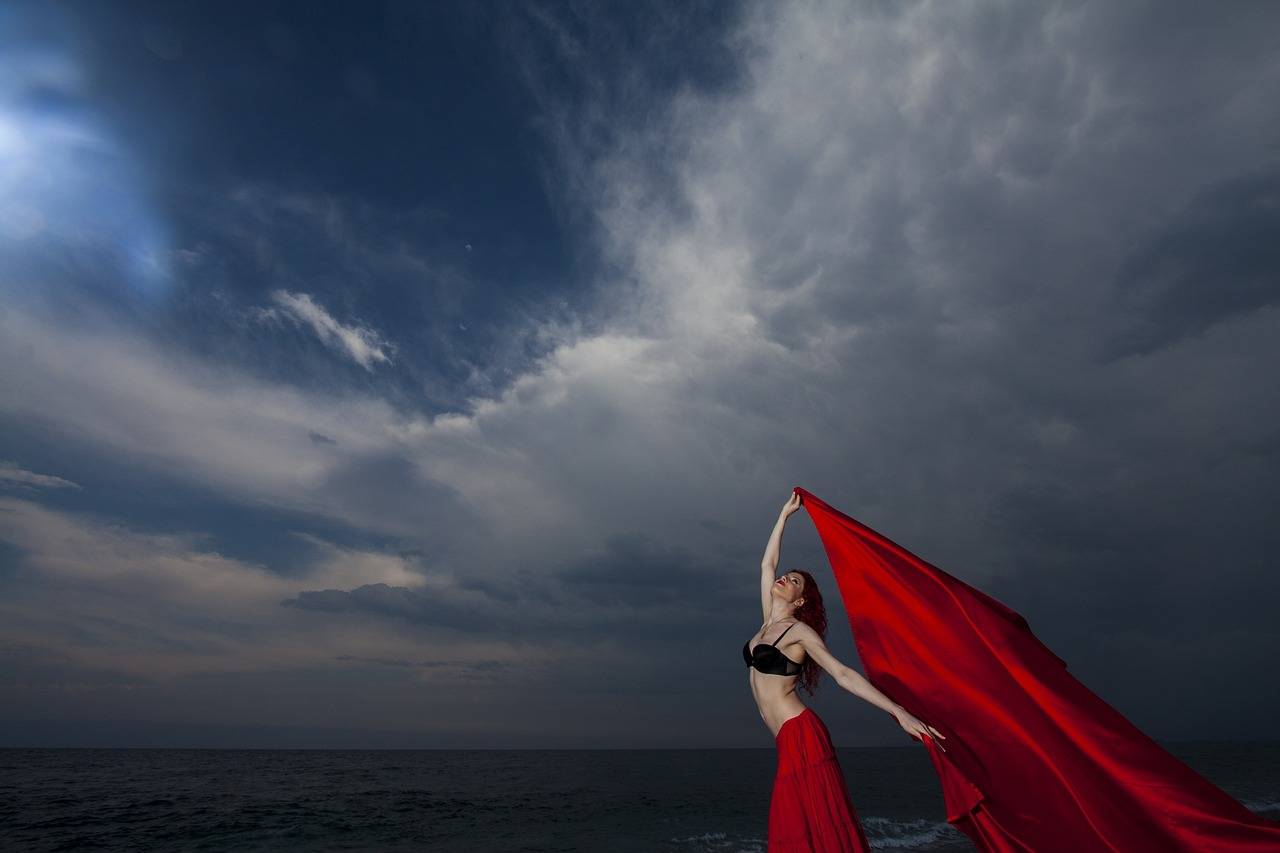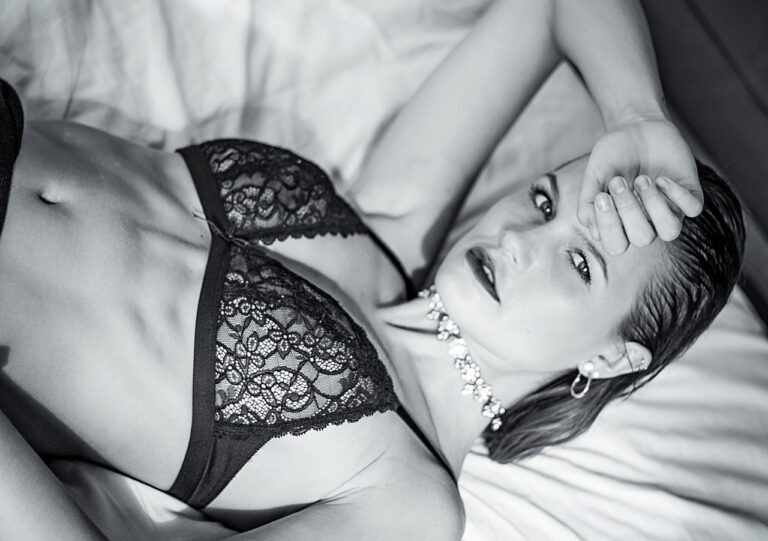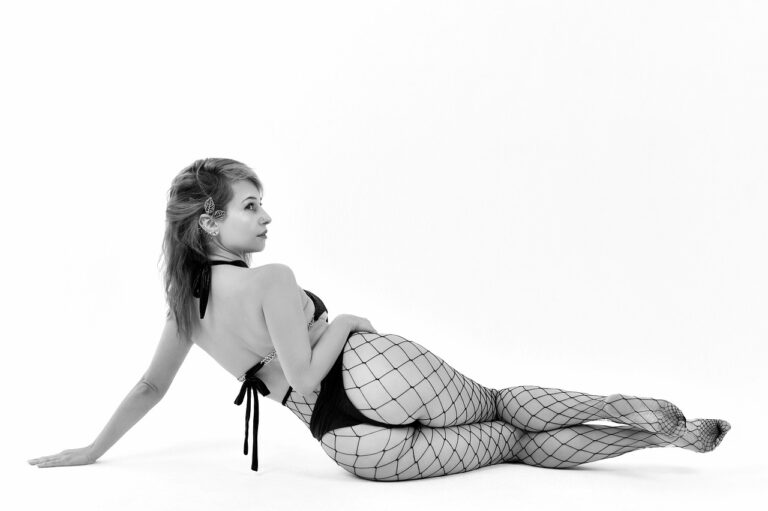The Rise of Streetwear: A Cultural Shift
From its humble beginnings in the 1970s, streetwear has evolved into a global fashion phenomenon known for its casual yet stylish aesthetic. Originating on the streets of New York City and popularized by the skateboarding and surf communities, streetwear quickly gained traction for its unique and rebellious edge. Brands like Stüssy and Vision Street Wear were among the pioneers of this cultural movement, blurring the lines between sportswear and high fashion.
The 1990s marked a significant turning point for streetwear, as labels like Supreme and A Bathing Ape emerged, introducing bold graphics and limited-edition drops that appealed to a younger audience. The rise of streetwear in mainstream fashion was further solidified by collaborations between designers and streetwear brands, bridging the gap between luxury and street culture. Today, streetwear continues to push boundaries and challenge traditional fashion norms, embodying a spirit of individuality and self-expression.
Influence of Hip-Hop Culture
Hip-hop culture has played a pivotal role in shaping the fashion landscape, particularly in the streetwear scene. Artists within the hip-hop community have been trendsetters, influencing the way people dress and style themselves. The bold and expressive nature of hip-hop has seeped into the fashion world, leading to the rise of urban streetwear brands that embody the spirit of the genre.
From baggy jeans and graphic tees to sneakers and oversized hoodies, hip-hop culture has popularized a casual and edgy aesthetic that has become synonymous with streetwear. The influence of hip-hop can be seen in the fusion of high-end and street fashion, creating a unique and dynamic style that resonates with a diverse audience. As the genre continues to evolve, so too does its impact on the fashion industry, solidifying its place as a driving force in shaping contemporary urban style.
What is the history of streetwear?
Streetwear originated in the 1980s and was influenced by urban fashion trends, skateboarding culture, and hip-hop music. It is characterized by its casual, comfortable, and edgy style.
How has hip-hop culture influenced fashion?
Hip-hop culture has had a significant impact on fashion, particularly streetwear. Artists like Run-D.M.C. and LL Cool J popularized brands like Adidas and Kangol, while contemporary rappers like Kanye West and Pharrell Williams have launched their own successful fashion lines.
Why is hip-hop culture so influential in the fashion industry?
Hip-hop culture is influential in the fashion industry because it has a strong connection to self-expression, authenticity, and individuality. Hip-hop artists often use their style to convey their personal identity and values, inspiring fans to do the same.
How has the influence of hip-hop culture evolved over the years?
The influence of hip-hop culture has evolved from being a niche subculture to a mainstream global phenomenon. Today, hip-hop aesthetics can be seen in high-end fashion collections, sneaker collaborations, and advertising campaigns.
Can people who are not fans of hip-hop still be influenced by its fashion?
Yes, hip-hop culture has had a pervasive influence on mainstream fashion trends, regardless of whether individuals are fans of the music genre. Many people incorporate elements of hip-hop style into their wardrobes without necessarily being hip-hop enthusiasts.





